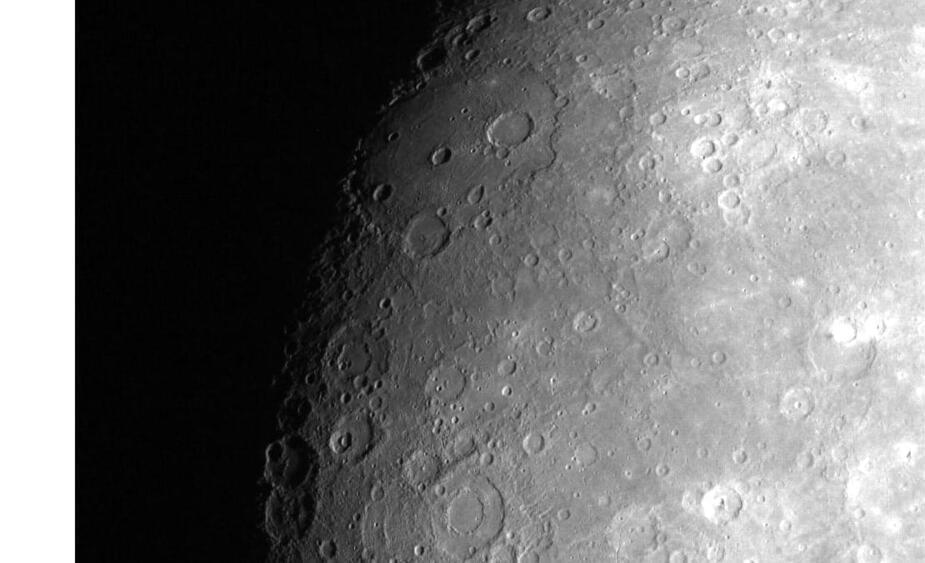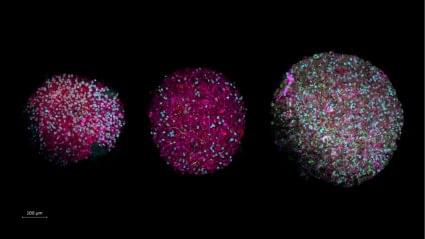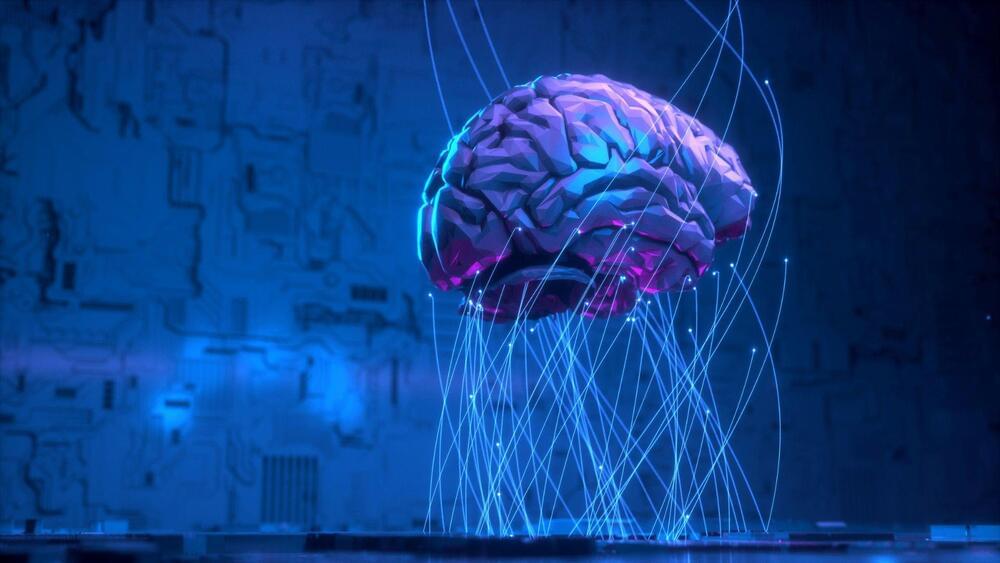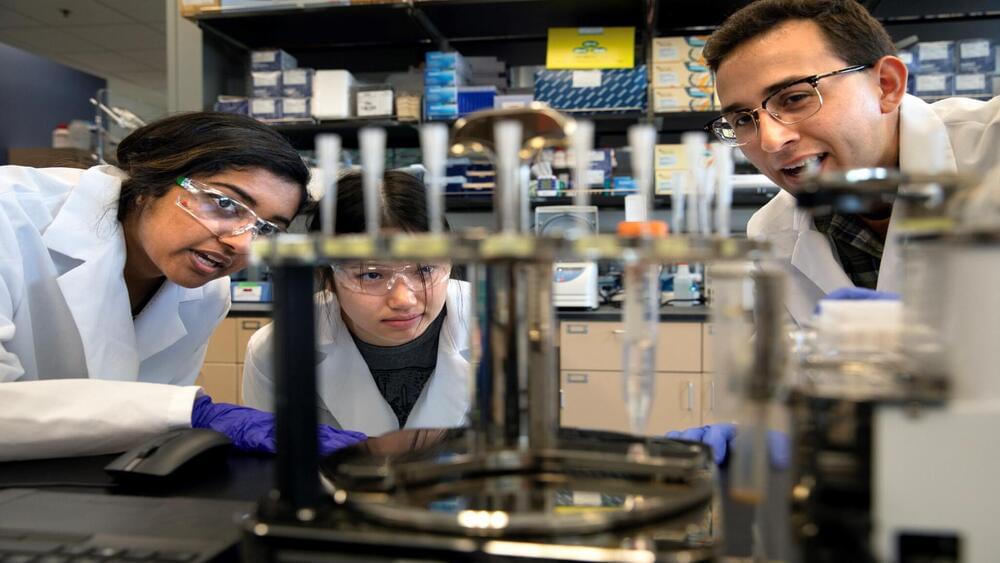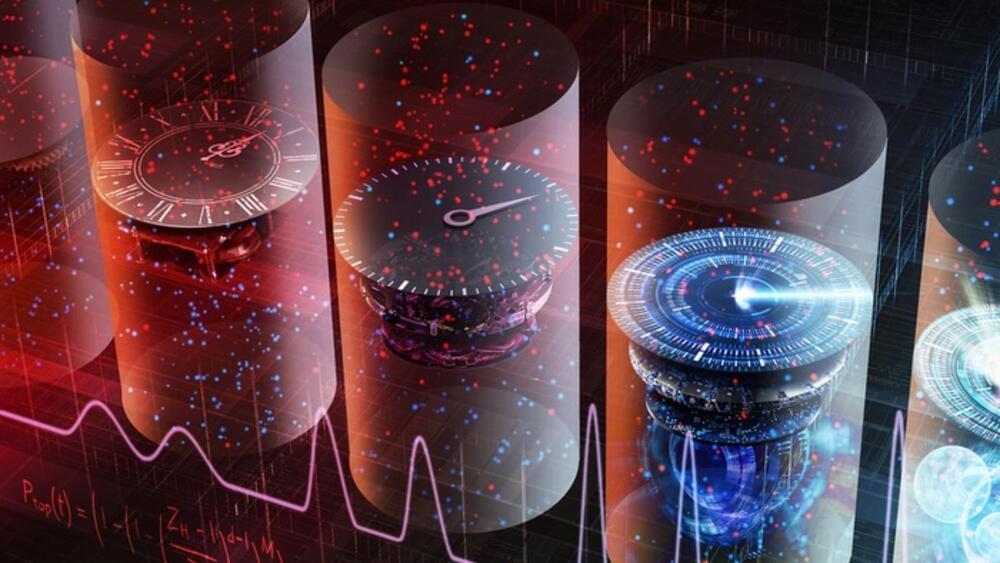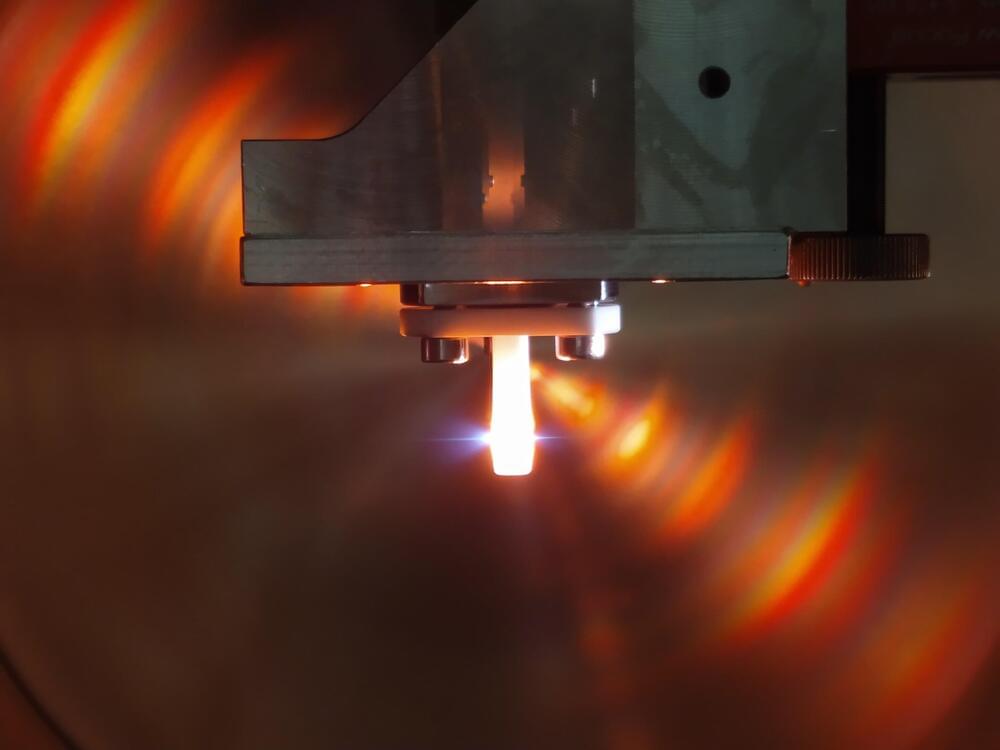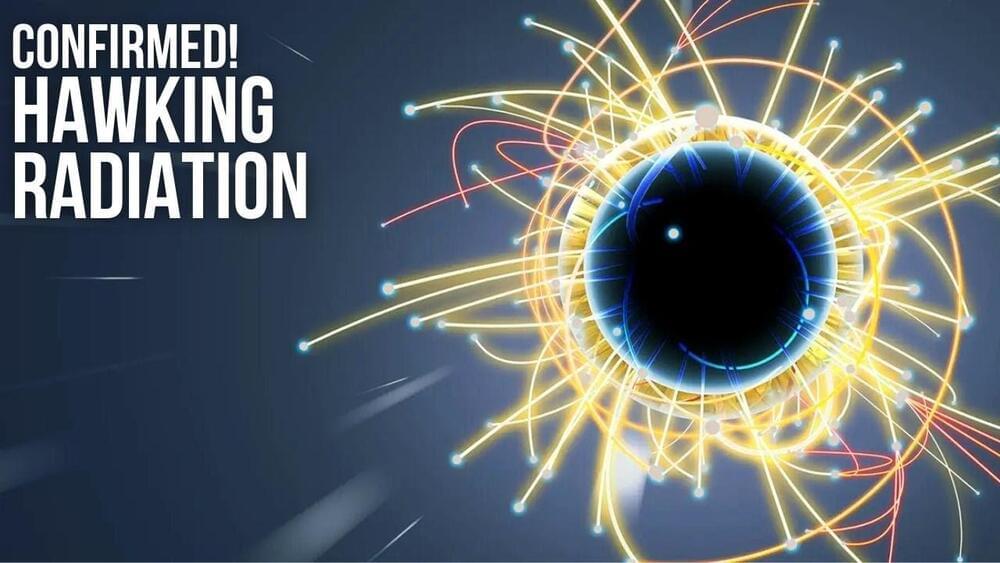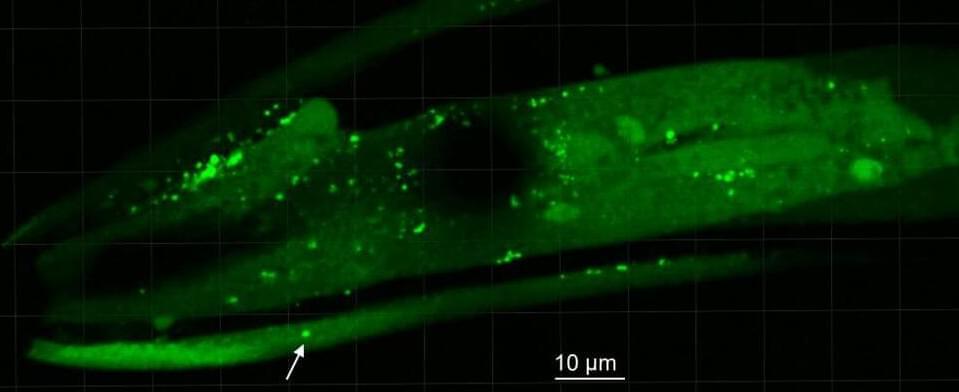May 8, 2023
LunaNet: 5G players debate an Internet for the moon
Posted by Genevieve Klien in categories: internet, space
Continued the agency: “The need urgently exists to accommodate the planned communications and data transmission requirements of long-term and continuous commercial and scientific operations on and around the moon.”
Landing LunaNet
Through its Artemis program, NASA intends to land the first woman and the next man on the moon by 2024, followed shortly by establishing a sustained lunar presence. And it will need a communications network to do so.
